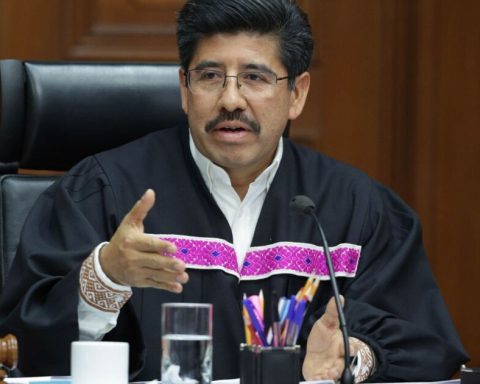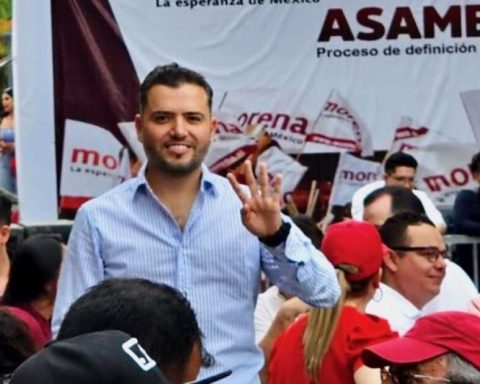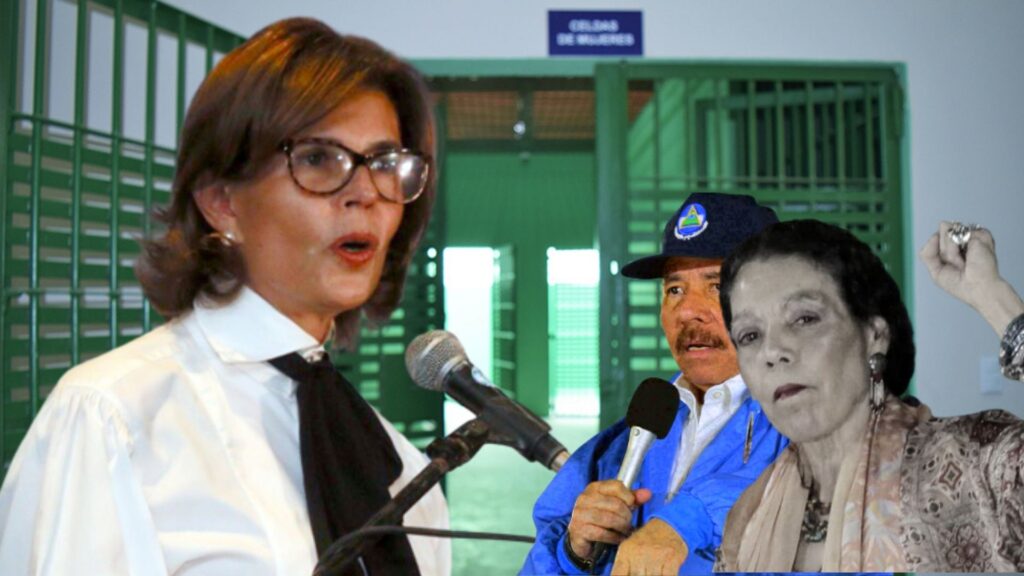L
Political parties tend to create oligarchies. Old as this hypothesis of the political scientist Maurice Duverger is – he wrote it half a century ago – the partisan reality has been proving its correctness.
Given the political reality of Mexico and of the West in general, Duverger’s would rather seem like a curse. Practically no party has escaped the phenomenon of the oligarchy in its leadership. Parties that seemed to prefigure a different way of doing politics from the partisan dimension, such as the Workers’ Party in Brazil, Podemos in Spain or Morena in Mexico, faced a crisis not long after they were founded. Two causes were what produced it: the dominance of their oligarchies over their bases and the distance as organizations from the real problems of the population, as recognized by their leaders and ideologues: Lula (PT), Juan Carlos Monedero (Podemos), Enrique Dussel (Brunette).
Dussel sees that the parties in Mexico are facing a crisis due to a lack of ideological clarity, with which Monedero agrees. Also due, it should be added, to the reduction of simple tasks of electoral machines. Tasks that are missing from what Morena establishes, for example, in the first two lines of his declaration of principles. He says the text: There is nothing nobler and more beautiful than caring for others and doing something for them, no matter how small.
. Contrary to this, part of her militancy and those who want to invade it suddenly are consumed in pragmatist struggles, palace rumors and the search for prebends and canonries.
The social causes that the party-movement claims to defend occur far from the concerns and actions of its militancy. In this it does not differ from the rest of the parties: they do nothing between campaign and electoral campaign, and they only wait for the next one to appear and thus obtain a position or position. They do not sow social commitments, but they do get ready to collect votes, because this is the only thing that counts. This has been imposed by the INE and allowed by the current electoral legislation. It is not surprising, then, that opportunistic learning kills all other kinds of learning.
The absence of debate in the parties is the highlight of all these distortions. Hence what we see now: authoritarianism, arrogance and dark maneuvers of its leaders, ideological relaxation, reception of chapulineo, carry, loaded.
It is often said that presidents are not sufficiently informed about what is happening in the world of royal politics. It is not like that, in Mexico the President is the individual who best complies with Francis Bacon’s sentence: Knowledge is power. Andrés Manuel López Obrador to a greater extent than others. The President of Mexico has said that people realize when leaders are politicians and that such individuals are not from the left. So he knows that in Morena his leaders fall into that characterization. He knows that they betray the principles of Morena and that their basic alliances are with the most opportunistic sector of the PRI (there are recordings). The President also knows that in the run-up to the 2024 elections, the Morenista statutes are violated in relation to the rigged next national congress of this party. And likewise, that in Morena, since before the critical movement known as the Convention emerged, democratic methods have not been established.
One of the grossest aberrations of the current leadership of Morena is to insult the militancy –in typical newspeak– by decreeing in its call that the assembly will have, when electing new authorities, a simple row of voters. vote and leave
ridicule numerous militants on social networks.
When López Obrador points out that if Morena It spoils
or is corrupted, he will resign from this match and ask that the name floresmagonista with which he led him to victory in 2018 be removed. chest, perhaps he perceives that the condition is already being fulfilled.
In the face of Morena’s crisis, his leadership should not have done anything other than what he avoids at all costs: call for debate, which implies dialogue. Intelligence points out that consensus cannot be built without addressing dissent. I will write something that seems very far from the scenario in which the parties act in Mexico. Half the world has heard, at least, of the dialogues, of Plato, the foundational work of philosophy in the West. There, the genius of Socrates inaugurates the dialogical contradiction of human creativity in search of substantive answers to its existence.
Plato wrote his work when demagogues prospered and democracy, the regime founded by Cleisthenes after an arduous struggle with the aristocracy, was already declining. This regime was defined by the assembly, the highest order of decision in each demos (basic constituency of Greek society) and in the city-state as a whole. The great assembly gathered up to 6 thousand parliamentarians.
Dialogue thus took on an inalienable instance in the life and thought of Western societies. It is damaging to note that 2,500 years later, the lesson has yet to be learned.
















